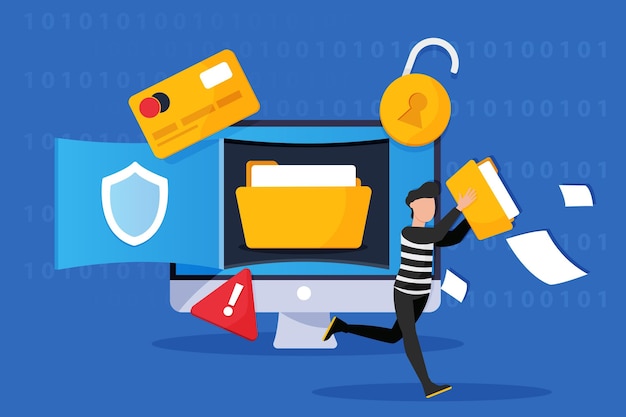Computer And Internet Security Emphasized After Cyberattack On Spamhaus
A significant cyberattack on an anti-spam organization that may have impacted millions of Internet users worldwide has highlighted the need for computer and Internet security. The attack began in March 2013.
The target of the cyberattack was Spamhaus, a non-profit that provides lists of spammers to email providers. These lists are used by the providers to choose which emails to mark as spam.
The cyberattack’s apparent objective appeared to be to prevent Spamhaus from updating its lists. This could result in more spam being sent to email users.
The assault was launched using a distributed denial of service attack. The attacker’s basic strategy is to saturate the victim’s servers with a massive amount of data in order to prevent them from sending or receiving any.
Spamhaus was able to stop the attack by enlisting CloudFlare to help take on a lot of the data. Spamhaus was only slowed down, not completely stopped.
The Spamhaus attack had an impact on Internet security globally.
The attackers began focusing on Internet exchanges in China, Germany, the Netherlands, England, and the Netherlands after CloudFlare joined the team, which started to have an effect on Internet users around the world. The attacks were sporadic, so the effects weren’t felt frequently.
Businesses that rely on computer and Internet technology should be worried not only about how it might affect them, but also about how it might make them the target of an attack of a similar nature. Internet security should be given top priority by businesses to protect themselves from precisely this kind of attack.
For those who were impacted by the cyberattack, the possibility that it could have been stopped is frustrating. The data packets were sent to Spamhaus using botnets. These botnets can be stopped if major Internet service providers decide to make sure that outgoing data packets are sent by real customers rather than by these botnets.
It’s possible that email providers will become more susceptible to spammers if the Spamhaus attackers are successful in shutting it down. Despite the fact that most spam is just annoying, it’s frequently used as a means of spreading malware like viruses and spyware to infect computers.
More spam makes it more likely that a computer will download malware. Furthermore, it would stand to reason that those who could execute such an attack would also likely be adept at creating malware. They might have even started the attack to spread malware.
Being prepared for whatever the worst-case scenario may be is always the best course of action. A good way to do this is to work with a computer tech support company that offers Internet security services.









